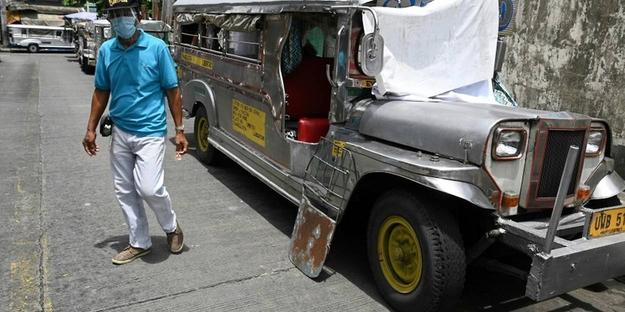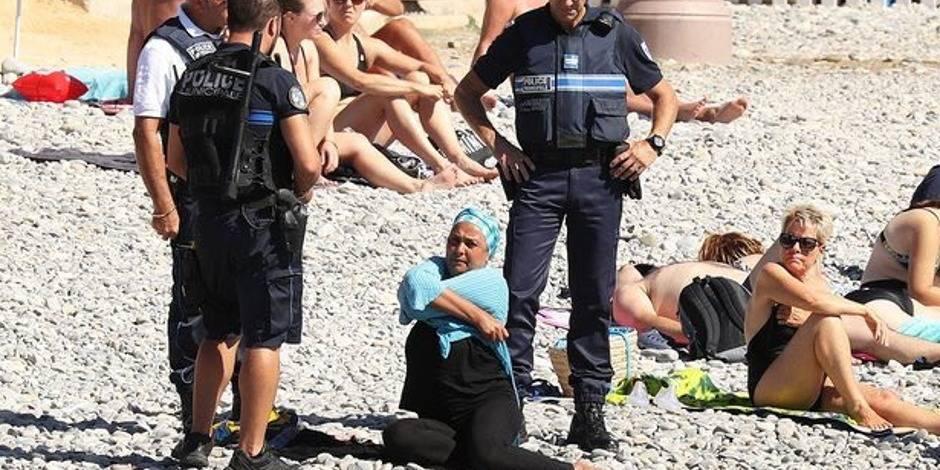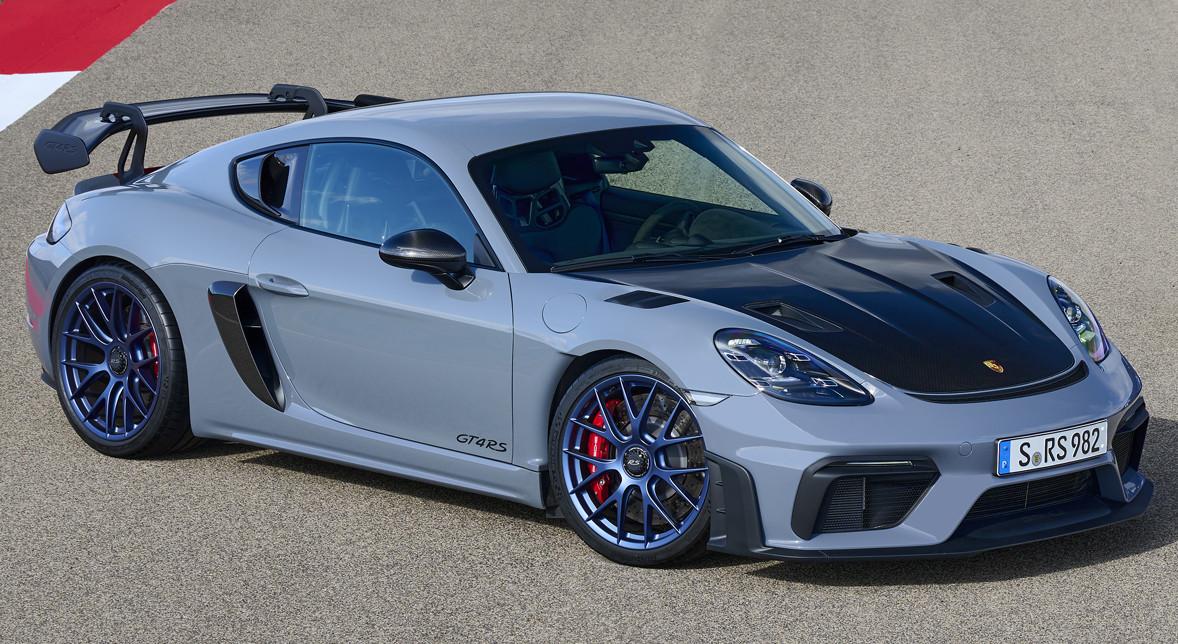In Manila, "jeepney" drivers are starving due to coronavirus
Forced by the coronavirus to give up the wheel of his "jeepney", a popular means of public transport in the Philippines, Daniel Flores now criss-crosses the streets of Manila begging for money to feed his family.
The 23-year-old driver has not picked up a single passenger since March, when President Rodrigo Duterte ordered the capital city to be locked down to slow the spread of the Covid-19 epidemic.
Jeepneys, built from Jeeps abandoned by the US military after World War II, are a popular and inexpensive mode of transportation for millions of Filipinos.
Like other drivers, Mr. Flores is out of work after months of restriction measures that have crippled the economy.
Evicted from his apartment for which he could no longer pay the rent, he now lives in his "jeepney" with his wife, two of his children and another driver.
Instead of spending his days behind the wheel of his minibus, this father tries to make ends meet by begging.
Other drivers like him walk the streets with a cardboard sign around their necks to attract attention in the hope of obtaining a handout.

"We have no more money", explained to AFP Mr. Flores, sitting in his vehicle, lent by his boss, where pots, clothes and worthless objects are piled up.
On the roof a sign asks for help.
The Philippines being the most contaminated country in Southeast Asia, with more than 157,000 confirmed cases and Manila being confined again, Mr. Flores has no prospect of getting back behind the wheel soon.
From time to time, he accepts odd jobs such as selling scrap metal, painting or welding, but this is not enough to support his family.
"Often we only eat once a day. Sometimes, if no one helps us, we don't eat at all," says Flores.
With the situation so critical, the couple sent their seven-month-old baby to live with relatives outside Manila.
- Doomed to disappear -
Sesinando Bondoc, 73, started driving a "jeepney" at the age of 28.
Standing on the side of a busy road, in the blistering heat, he begs alongside other drivers.
"Once we were almost hit by a car, but we don't really have a choice. We have to go out to try our luck in the streets just to have something in our stomachs", says the broken voice M. Bondoc, while suppressing his tears.
The drivers have received food and money from the government, but this assistance is far from compensating for their loss of income.
In June, Manila's containment measures were relaxed, but only a minority of the megacity's 55,000 "jeepneys" were allowed to circulate.
Very strict measures have been imposed such as the installation of plastic barriers between the seats, reducing the number of passengers.
Those who usually pocketed up to 1,500 characters (26 euros) a day had to settle for much more modest earnings.
A new confinement was imposed in early August on the more than 27 million inhabitants of Manila, or about a quarter of the Filipino population, forcing drivers to cease their activity again.
Some fear they will never drive these cars again, which have become a national symbol and are now doomed to scrap.
The government decided last year to gradually put an end to this mode of transport, considered polluting and dangerous.
The owner of Renato Gandas' jeepney, 57 and a driver for 30 years, has already sold one of his minibuses.
Seeing threats to his livelihood, Mr. Gandas loses hope. "We may have to be content with asking for alms until the end of our days".








